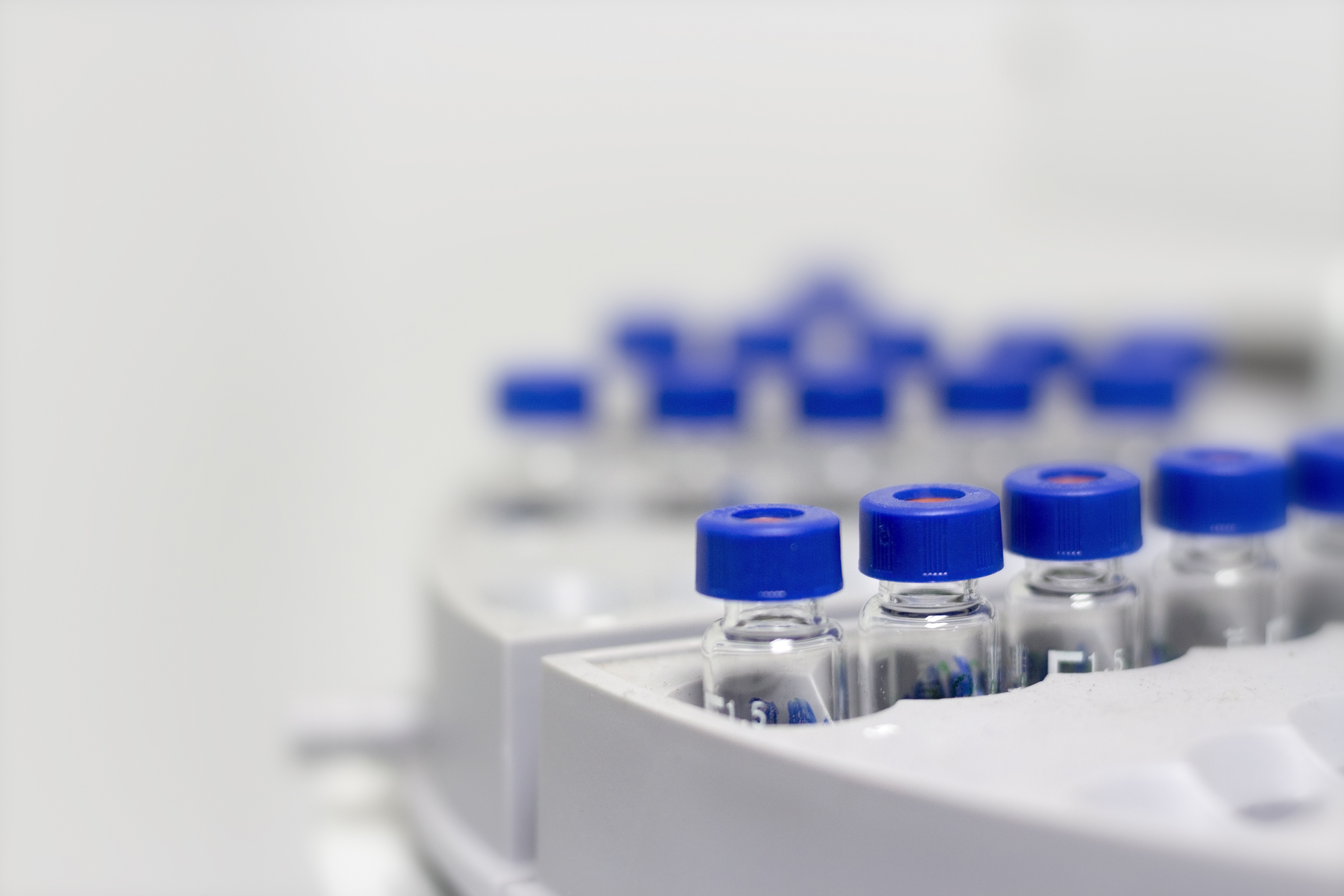A biologic medicine is derived from a living organism or its products, used to diagnose, prevent, or treat diseases such as cancer, diabetes, allergies and more.1
Biosimilars are biologic medicines that are highly similar to, with no clinically meaningful differences from, their reference biologics.2 A reference biologic is a previously licensed biologic product used as the comparator for head to head studies with the biosimilar in order to show similarity in terms of quality, safety and efficacy.3 A reference product is sometimes referred to as the “innovator” or “originator” biologic.

Biologic medicines, including biosimilars, are approved through complex regulatory approval pathways. Biosimilars, however, are comparatively less expensive to develop than reference biologics, due to efficiencies like targeted clinical trials and extrapolation to support approval of additional indications. Competition on a level playing field between reference biologics and biosimilars can lead to meaningful savings and the conditions needed for a long-term, sustainable marketplace.4